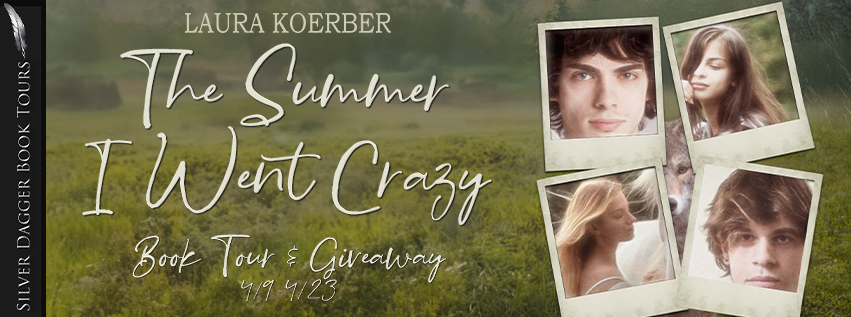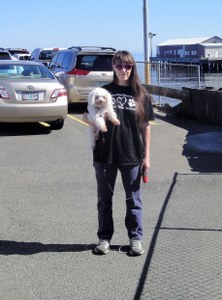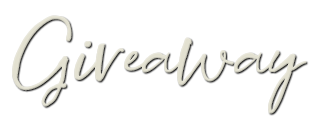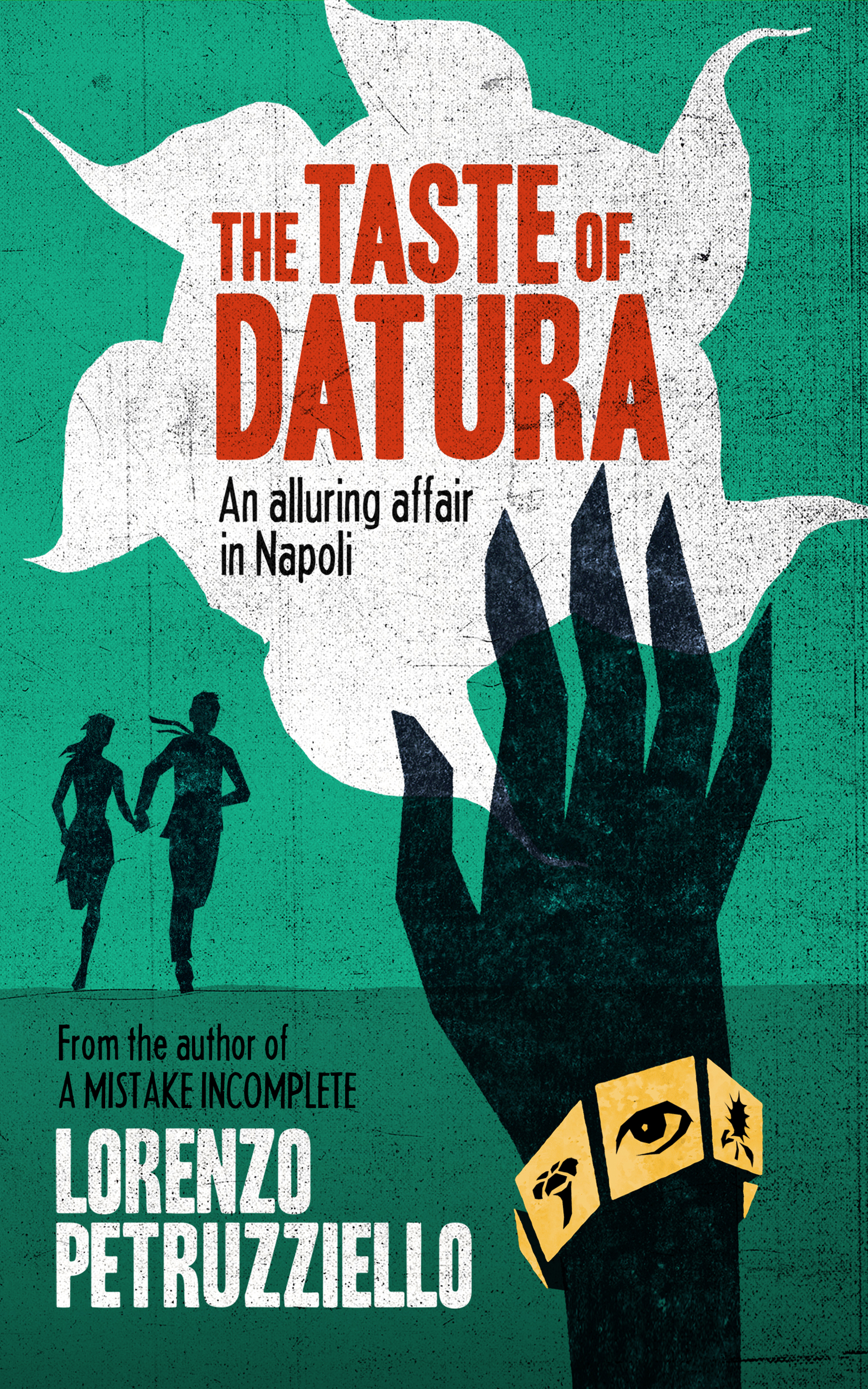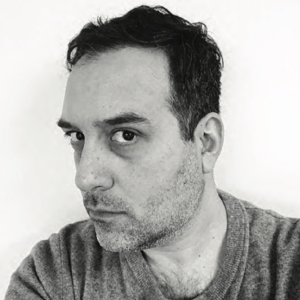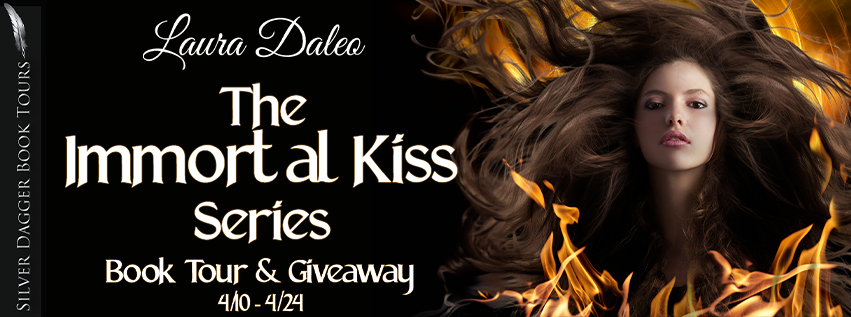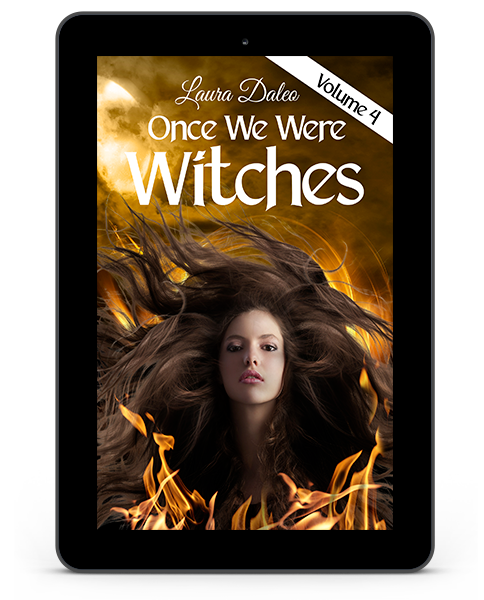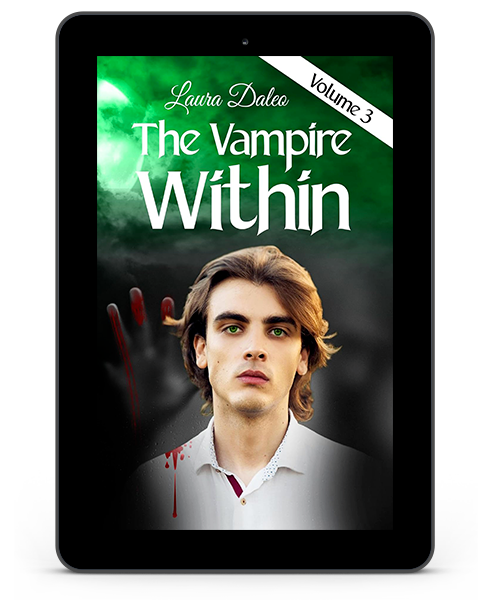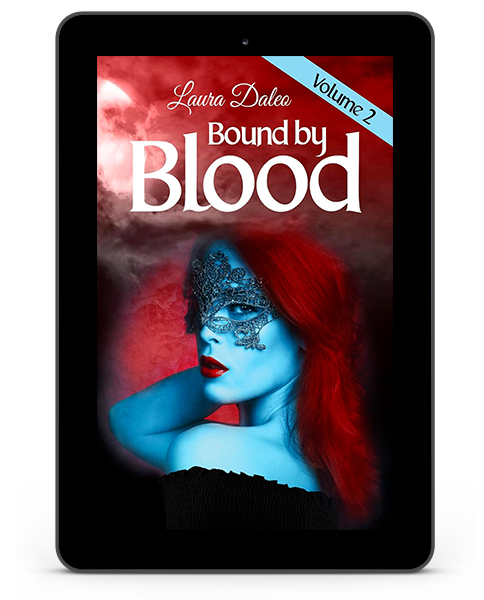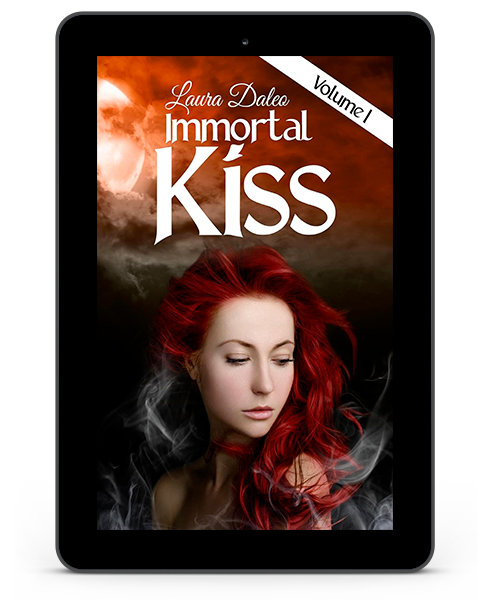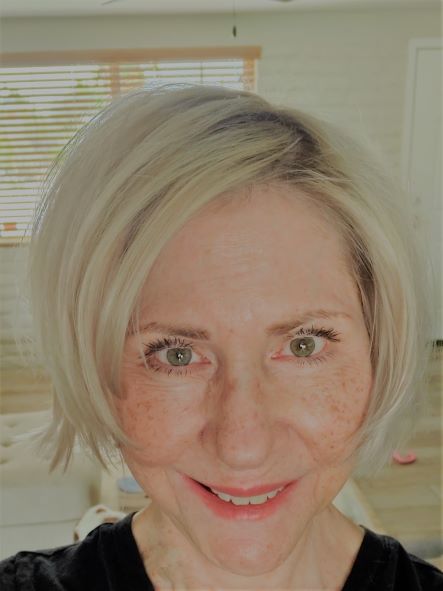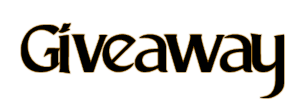Book Title
Yellow Bird’s Song
Author
Heather Miller
Publication Date
March 19th, 2024
Publisher
Historium Press
Pages
370
Genre
Historical Fiction, Native American Studies, Western, Biography
Universal Buy Link
As a veteran English teacher and college professor, Heather has spent nearly thirty years teaching her students the author’s craft. Now, with empty nest time on her hands, she’s writing herself, transcribing lost voices in American’s history.
Website
https://www.heathermillerauthor.com
https://facebook.com/HMillerAuthor
TikTok
https://www.tiktok.com/@heathermillerauthor
https://www.pinterest.com/jhjewmiller/yellow-bird/
Goodreads
https://www.goodreads.com/author/show/21805281.Heather_Miller
Excerpt
Heather Miller, Author
Yellow Bird’s Song, Excerpt 5
John Ridge, Washington City, Indian Queen Hotel, 1831
After a brief repose, we dressed for dinner and walked toward the renovated dining room. Husbands, wearing white waistcoats, held chairs for their adorned, elegant wives. Across the hall, bachelors hovered in parlors in small groups, standing in front of papered, epic scenes of Greek battles extending from chinked ceiling to hardwood floor. Others smoked cigars behind the anonymity of winged, jewel-toned chairs with faceless hands tapping cigar ash into trays resting atop shining mahogany tables.
I was joined by Coodey, Ross’ observant nephew, and two others: Taylor, with his pessimistic and pensive face, and Tahunski, an elder. Tahunski’s mind was quick, well-informed, responding to his counterparts with a quick tongue. Some might say the same about me—my father, for one. But I had learned to offer silence as the less offensive answer. When Tahunski spoke, I feared what he might say. The man shuffled his chair close to the table, while Coodey sat last, taking the dominant chair at the end.
I sat next to a fellow southerner, or so I assumed, overhearing his banter to the gentleman seated on his left. The southerner’s long hair parted down the middle, although his fashionable sideburns framed a clean-shaven chin. His eyelids folded over his lashes, with a sharp nose above a gracious smile.
He noticed me when I lifted the napkin onto my lap. He leaned to my side and gestured toward the end of the table. “Here comes Brown in that white apron of his. Seems we are to have ham for dinner.”
The weight of the smoked ham required two servants to carry the large platter. After the meat’s grand entrance, Brown held a large fork in one hand and a slicing knife in the other. The entire table applauded when he cut into the meat and served the first guest. Then he continued to plate while servers arranged cutting boards of fresh bread and bowls of seasoned and roasted vegetables to fill and color the white tablecloth.
Tahunski mumbled, “There’s enough food here to feed New Echota. White man’s excesses.” After his remark, he snapped his napkin open and placed it on his lap, begrudgingly following the rules of European etiquette.
“When in Washington—” I replied.
The talkative white man to my left passed me a serving bowl and said, “Take these. I’ve lost all taste for sweet potatoes.”
I spooned a helping onto my plate, asking, “Why is that, sir? Do you not care for their sweetness? Perhaps it is the texture that turns you from the root.”
“Neither. Ate too many of them once, starved after eating corn mush for months.”
He spooned a serving of stewed greens onto his plate from another serving dish and passed it to me.
With the exchange, I asked, “Did you serve in the militia? My father refuses to eat corn mush for the same reason. Although he has no aversion to sweet potatoes.”
“Yes, in a volunteer regiment from Tennessee.” He cleared his throat. “During the Creek Wars, under Jackson’s command.” He took up his fork and continued his tale, “We took a Red Stick village of mostly women and children. It was the day I decided I’d rather meet my maker with a clean conscience than fight any longer under Jackson’s command. Some other volunteers and I tried to leave after the slaughter, but Jackson threatened me with a lead bullet at close range. So, we unstrapped our blanket rolls and stayed.2 Under one of the burned Creek huts, we found a hole filled with sweet potatoes, enough to feed the men for a month. We were too hungry to ration them. So, we roasted and ate them all in one sitting. After that, I lost my will for slaughter and any taste for sweet potatoes.”3
I said, “My father fought under General Jackson, leading a Cherokee brigade against the Red Sticks at Horseshoe Bend. Your stories remind me of his.”
“You couldn’t be.” The man scoffed and replied, “Then again, I can see the man in your face. Would you be Major Ridge’s son?”
“I am. John Ridge.”
He put down his utensils and extended his hand. “Nice to meet you, John. Feel like I know you already if you’re anything like your father. How is the Ridge?”
I rested my fork handle on the edge of my dinner plate and shook his hand. “If you were to ask him, he’d say he’s as young as ever. But, of course, my mother might offer you a different answer altogether.”
“We’d still be fighting barricaded Red Sticks if it weren’t for your father. Name’s Crockett, congressman from Tennessee.”
“Your reputation precedes you, sir,” I replied.
He resumed his dinner with a bite of the steamed greens. “Has to. Reputation is necessary for politicians, regardless of its truth. Just last week, I had a portrait made. Instead of representing myself as a dignified congressman, I donned my buckskins and threw my musket over my shoulder. An hour before, I’d gathered some stray dogs off Pennsylvania Avenue and had them painted sitting at my heels. My constituents expect the frontier Crockett, and I intend to give him to them.”4
Crockett continued, “I received a letter of appreciation from your Chief Ross. He thanked me for standing up to Jackson. Your chief could have just written thank you, but he carried on for four pages. Unfortunately, a once direct man seeking public office loses his aptitude for simplicity after they count the votes.”
I took my knife and sliced two pieces from the bread loaf. Handing one to Crockett, I said, “Then I’ll just offer my thanks. It is no common thing, especially for a southerner, to oppose President Jackson’s Indian removal and stand against the democratic majority.”
“Well, I’d rather be politically buried than hypocritically immortalized.”5
I handed him the butter dish and gestured toward our delegation. “We seek audience with Secretary Eaton and President Jackson.”
“You all might need one of these.” Crockett held his knife into the light and studied its edge. “We call Jackson ‘Sharp Knife’ for a reason. The man is uncompromising. Speaking against him for your people has likely ruined my political career. But our Constitution gives Congress the power of the purse, not the executive. So, I couldn’t see the point in violating such an honorable document to provide this President control over the sum it would take to buy out the Cherokee.” Crockett shook his head and buttered the bread held in his hand.
Tahunski overheard our conversation and offered his thoughts. “Shame we didn’t just kill Jackson at Horseshoe Bend. I didn’t know you then, but I would have shot back if Jackson had threatened my service in a volunteer militia. Taken the man down then if I knew he’d cause my people so much trouble.”6
I said, “If General Jackson gives us an audience, we plan to make it clear how the entire holdings of the Second United States Bank would not be enough to persuade us to move. Nor do I believe America’s tax-paying citizens would agree to such an offer.”
“Agreed. I learned that same lesson from a man behind a plow. Said he wouldn’t vote for me. Course I asked him why. He said I’d voted for an unconstitutional bill, twenty thousand dollars to aid women and children left destitute after a fire in Georgetown. Some of the hardest work I’ve ever done, putting out that blaze. When I saw the poor state of the victims with my own eyes, I voted to relieve their suffering with federal dollars.7
“But that farmer, Horace Bunce, wouldn’t budge. Finally, after offering me a convincing argument, I agreed with him and acknowledged my error. I promised him I’d never vote for such again. Many suffer across this nation, homes ruined by fires or floods I know nothing about. As Bunce said, it was the principle of the thing. Bunce taught me it wasn’t the federal government’s task to offer charity to some and not all.”8
Crockett sliced into cold ham with the knife in his hand. He continued, “The Constitution outlines the responsibilities of government: protection of personal rights and the rights of each state, establishing and maintaining laws, defending against foreign invasion, and regulating trade and tariff.” He speared and took a bite. After swallowing, he said, “Like Bunce said, the rest is just usurpation.”9
During the meal, our conversation attracted the attention of the man seated to Congressman Crockett’s left, who introduced himself as Bluff, a correspondent for the New York Observer. He said, “I attended a dinner here at the Indian Queen last April, honoring deceased President Jefferson. Jackson’s dander was up when he and Vice President Calhoun debated whether states had the right to override federal laws after South Carolina threatened to nullify the administration’s tariff demands. Jackson dominated the first toast, saying, ‘Our Union—it must be preserved!’ Calhoun, not to be outdone, stood and raised his glass after Jackson’s toast. ‘Our Union—next to our liberty, most dear!’”10
I responded softly, and my two new acquaintances leaned in to hear. “Had I been in attendance, I would have raised my glass only after Calhoun drank from his.”
The three of us poured glasses of wine and set about toasting, “To Liberty—most dear.”
#AmericanHistory #NativeAmericanHistory #TrailOfTears #BlogTour #TheCoffeePotBookClub






